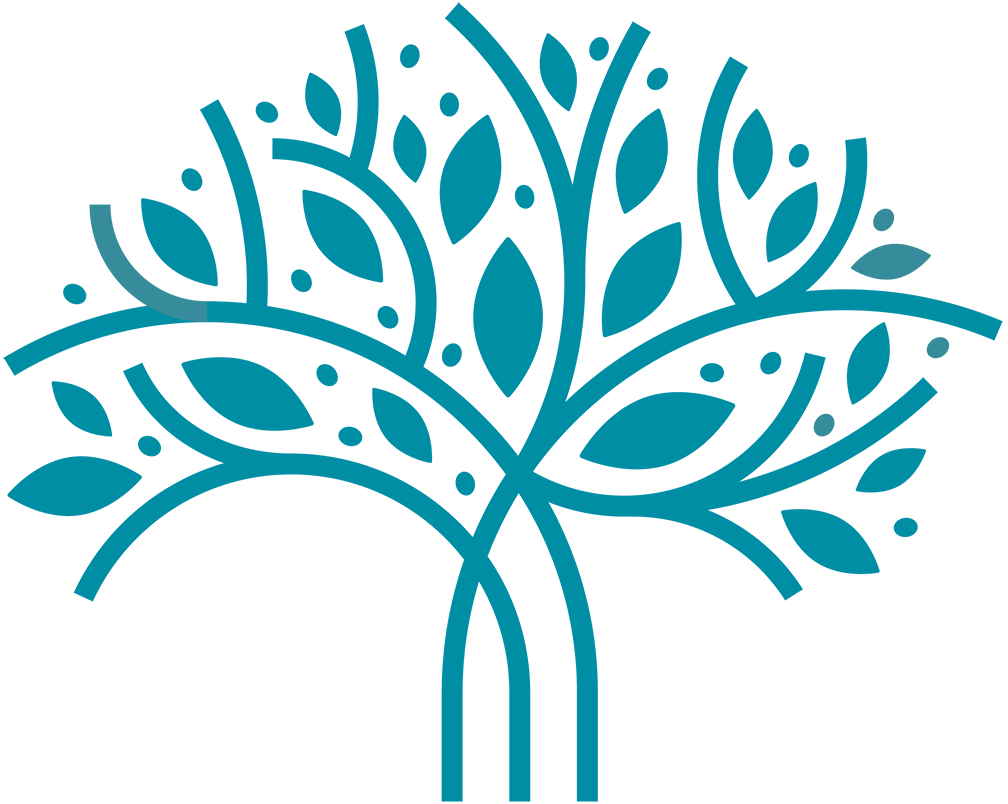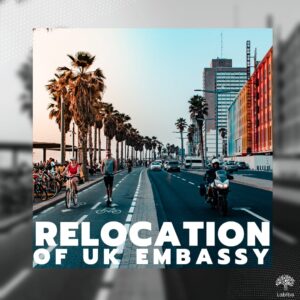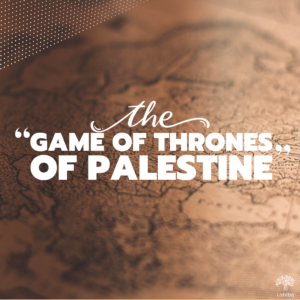written by Silvia Pizzigoni
During the meeting in Johannesburg, South Africa, from August 22 to 24 for their 15th summit, the BRICS countries (Brazil, Russia, India, China and South Africa) have opted for expansion, inviting six countries to join them by 2024, and leaving the door open to further admissions.
What is BRICS?
“BRICS” is the acronym denoting the emerging national economies of Brazil, Russia, India, China and South Africa. The term was originally coined in 2001 as “BRIC” by the Goldman Sachs economist Jim O’Neill in his report “Building Better Global Economic BRICs (Global Economics Paper No: 66)”. The group’s first official meeting was on June 16, 2009, but informal meetings were already begun in 2006. Then, in December 2010, South Africa joined the group and the acronym became BRICS.
What happened at the last BRICS summit in South Africa?
On Thursday during their 15th summit, the BRICS bloc of emerging and developing nations agreed to admit Saudi Arabia, Iran, Ethiopia, Egypt, Argentina and the United Arab Emirates. This move aimed at accelerating its impel to reshuffle an – outdated – world order, and to shift the geopolitical landscape. They are set to join the alliance in January 2024. The enlargement of the bloc aims also to strengthen the force “for world peace and development”, as the host – the South African President Cyril Ramaphosa – said while addressing the leaders at a conference center in South Africa’s commercial city hub, Johannesburg.
Are there any other possible future joiners? And what about Palestine?
A total of 44 countries have expressed interest in joining the BRICS alliance, as South African Ambassador Anil Sooklal confirmed to Reuters. Out of the 44 countries, only 22 had sent their formal applications to join the bloc, while the other 22 nations had only informally expressed interest in being a part of the alliance. Most of the applicant countries come from the “Global South”, supporting the self-vision of the alliance as a counter to the traditional Western-led global order: “This shift could increase the potential for using currencies other than the US dollar, particularly by creating a network of countries that enhances the utility of their respective currencies” as Karin Costa Vasquez, a non-resident senior fellow at the Center for China and Globalization in Beijing, said to Aljazeera concerning the need for economic detachment from the western hegemony.
Palestine is one of those countries that have formally applied for BRICS membership. Since the BRICS alliance had called for the establishment of an independent Palestinian state with East Jerusalem as its capital in July 2023, the possible admission of the state in the BRICS could help in slowly untie the Gordian knot of the geopolitical dispute with Israel.
Can we expect to see Palestine joining the BRICS Bloc?
Hardly Palestine will join soon since the criteria of geographical quotas and economic strength would most likely play a role in the qualification process. However, despite its small economic and geopolitical contribution with respect to other applicant countries (Algeria, Nigeria, Morocco..), the hope for the Levantine nation relies also on one of the key value of BRICS, namely “inclusion”, as stated during an interview of South Africa’s Foreign Minister Naledi Pandor.
Furthermore, traditionally, BRICS has supported Palestine in the conflict with Israel, though it has not been a major player. With China (a member of BRICS) wading into the long-standing dispute from the success of its Iran-Saudi rapprochement, it may have more leverage with the state.




